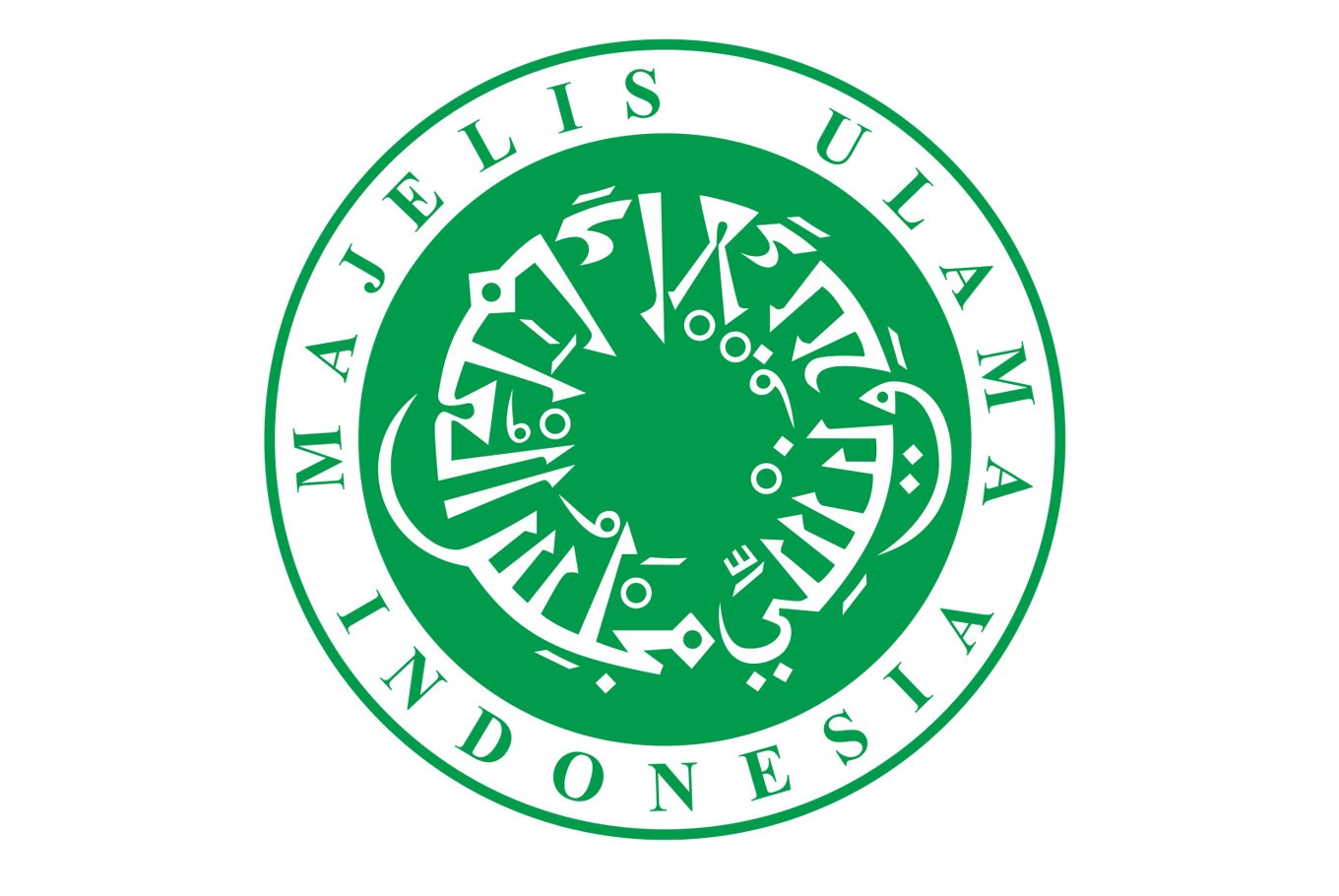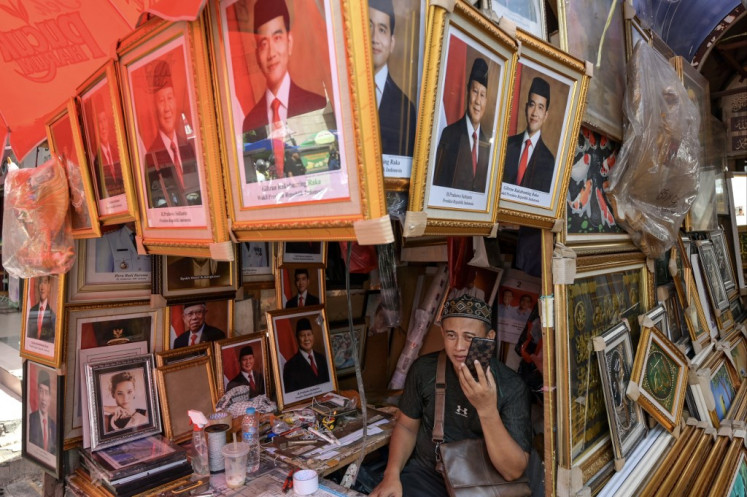MUI's growing clout
The Indonesian Ulema Council (MUI) is more powerful than ever today.
Change Size
 The logo of Indonesian Ulema Council (MUI) (MUI/File)
The logo of Indonesian Ulema Council (MUI) (MUI/File)
The Indonesian Ulema Council (MUI) is more powerful than ever today.
Its chairman,Ma’ruf Amin, is running for vice president in the 2019 presidential race along with the frontrunner, President Joko “Jokowi” Widodo. It is perhaps a matter of time before we have an MUI leader in the State Palace. Ma’ruf’s nomination is a telling example of the MUI’s growing clout.
Islamic parties may be struggling, but political Islam is growing stronger, with the MUI now serving, almost by surprise, as its more legitimate poster boy.
While the Nahdlatul Ulama (NU) and Muhammadiyah remain the two largest Muslim groups, the MUI — in which both organizations have members — has become Islam’s mouthpiece in Indonesia.
Unfortunately, the MUI has been the voice of conservative forces within the two organizations for over a decade.
Despite pledging to uphold the Pancasila state ideology, the council has almost single-handedly enabled intolerant forces to influence the government and law enforcers in persecuting minorities.
The latest display of the MUI’s growing influence was shown Tuesday at the Medan District Court, which sentenced a Buddhist Chinese-Indonesian woman to 1.5 years in prison for complaining about a local mosque’s sound system.
Her alleged remark — that the adzan (call to prayer) broadcast through the mosque’s speakers was “too loud” and “hurt” her ears — was believed to have triggered an anti-Chinese riot, during which several Buddhist temples were burned or ransacked. Over a dozen people were sentenced to one to four months in prison for their roles in the riot.
The woman, Meiliana, was charged with blasphemy shortly after the local MUI chapter issued a fatwa that declared her remark was “blasphemous”. Police had initially failed to find fault in her action, as the language experts they questioned had concluded that Meiliana’s remark was not hate speech. The charges against her were undeniably the result of pressure from a public empowered by the MUI fatwa, one so powerful that Meiliana had been presumed guilty before her trial even began.
Many recalled the blasphemy case against former Jakarta governor Basuki “Ahok” Tjahaja Purnama. In 2016, Muslims gathered in mass rallies in the capital to “defend” an MUI fatwa that declared Ahok guilty of blasphemy for a statement he made regarding a Quranic verse. The fatwa was key to Ahok’s conviction last year.
The MUI has also issued edicts against “deviant” Islamic denominations. Such fatwas have been used as religious justification for regulations biased against minorities. As the guardian of Islamic orthodoxy, the MUI is entitled to issue fatwas it believes follow Islamic scripture. But these fatwas are non-binding, and authorities should uphold our Constitution to protect all citizens above and beyond such faith-based edicts.
Progressive forces within the NU and Muhammadiyah must also stand up to balance the conservatives within the MUI while playing a bigger role in formulating and setting the tone of its decrees.
Indonesia is supposedly neither a religious nor a secular state, but the MUI’s growing legal and political clout suggests the country is gradually becoming the former.









